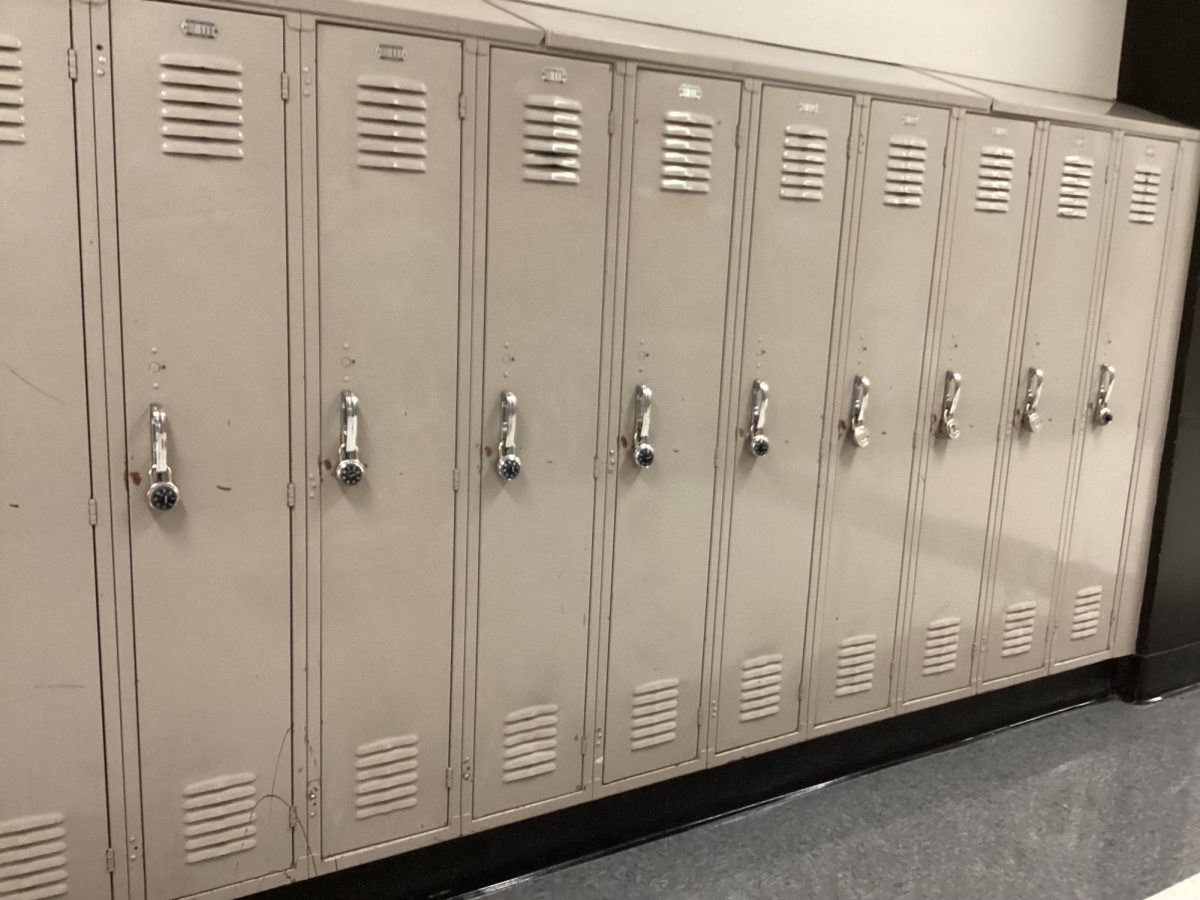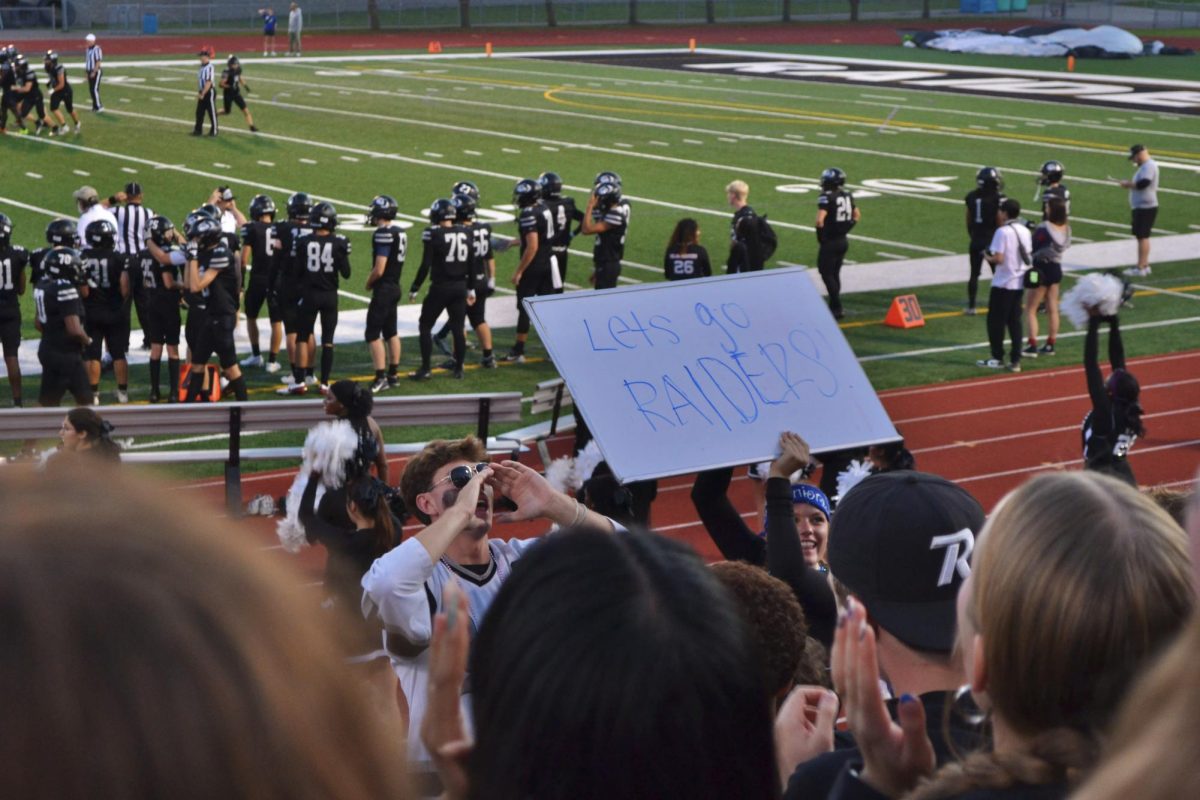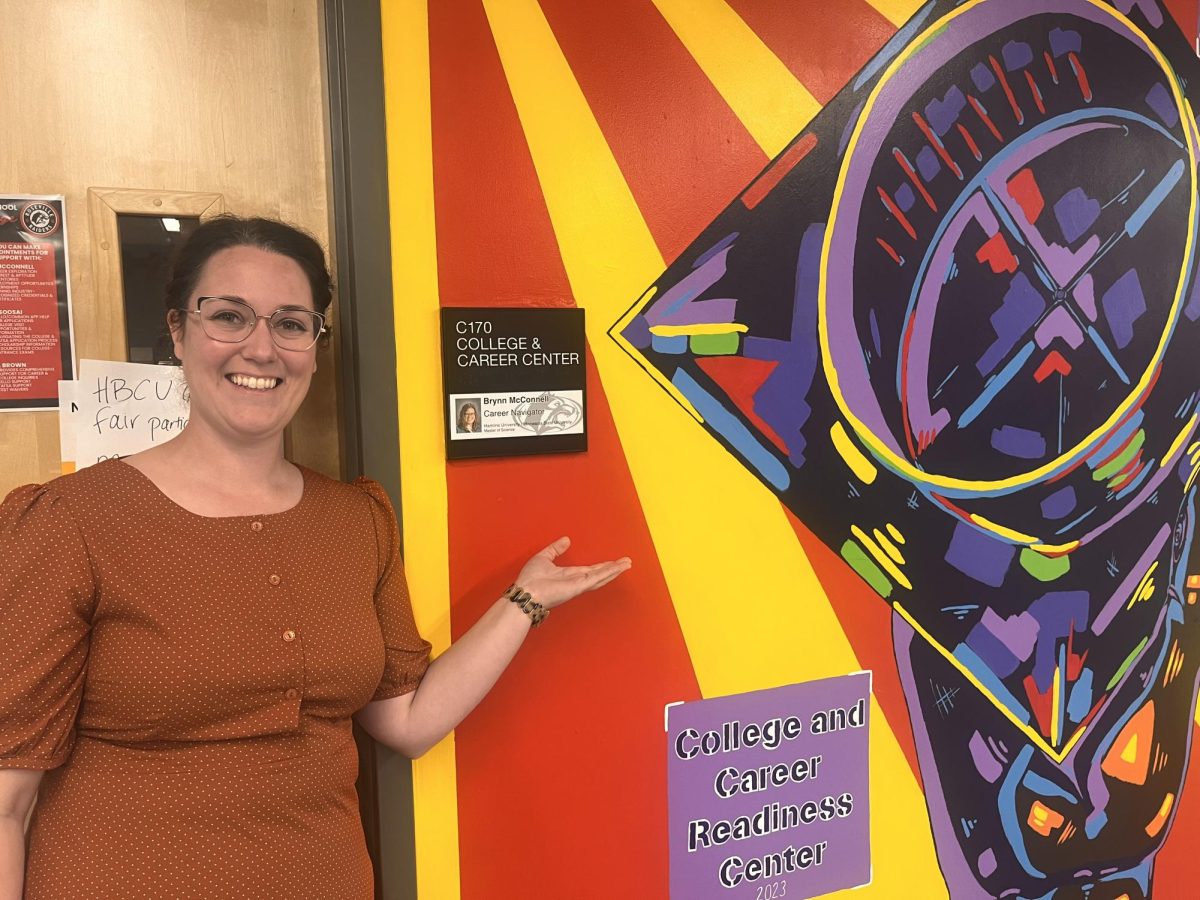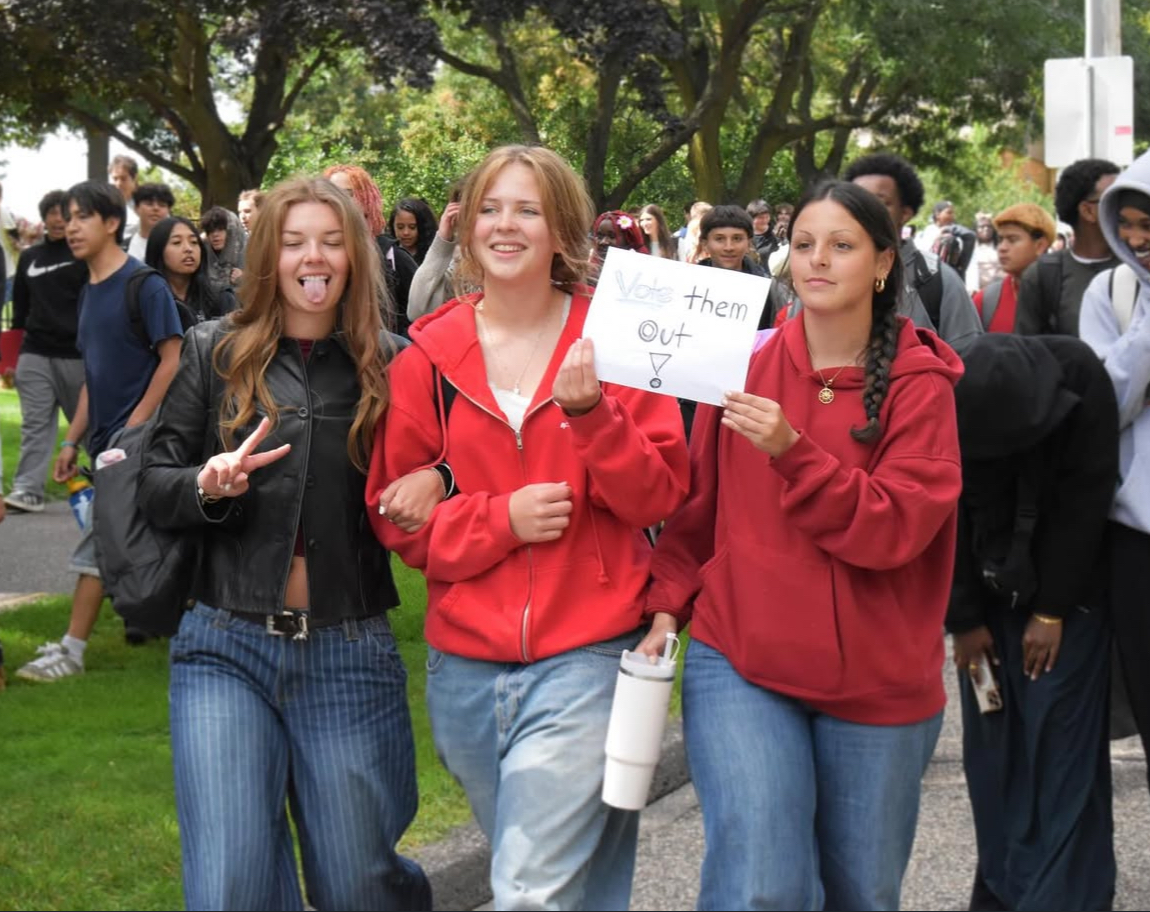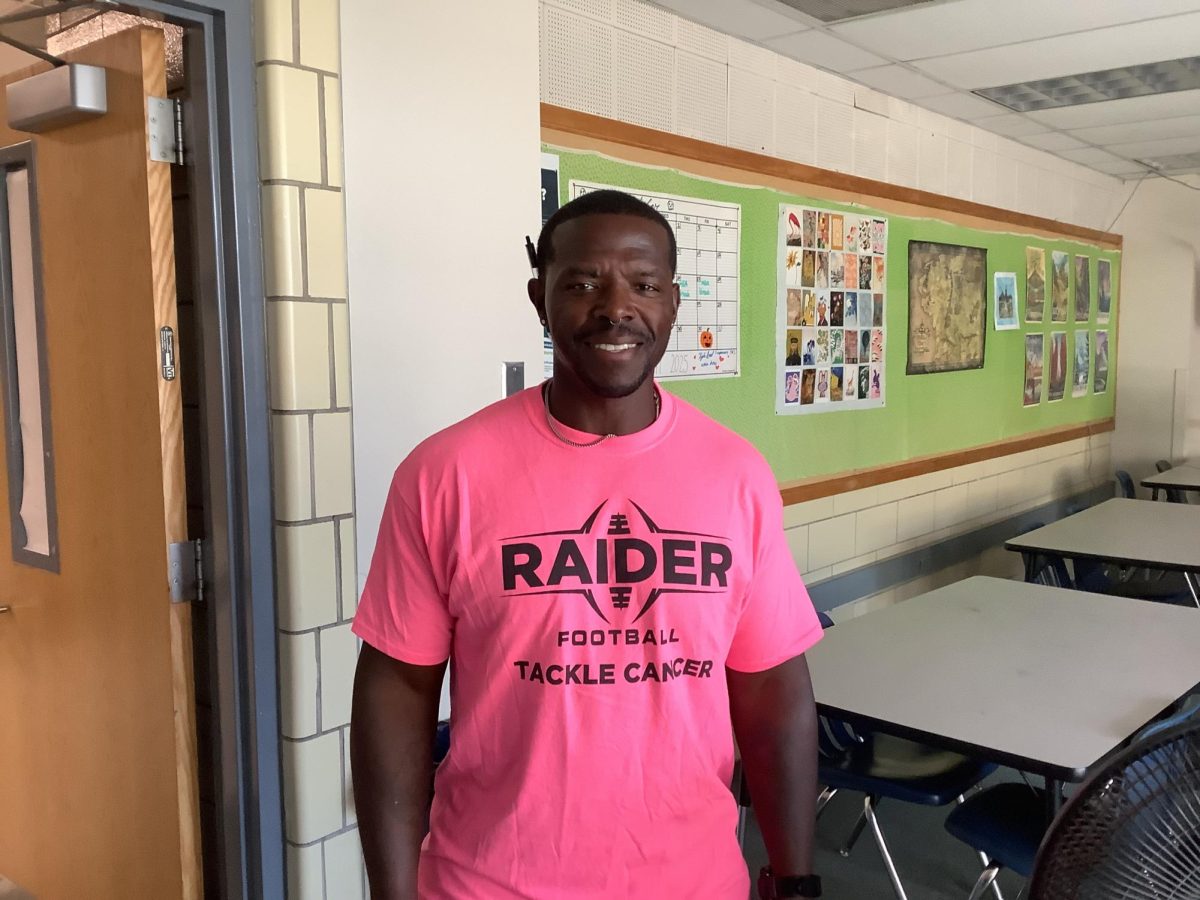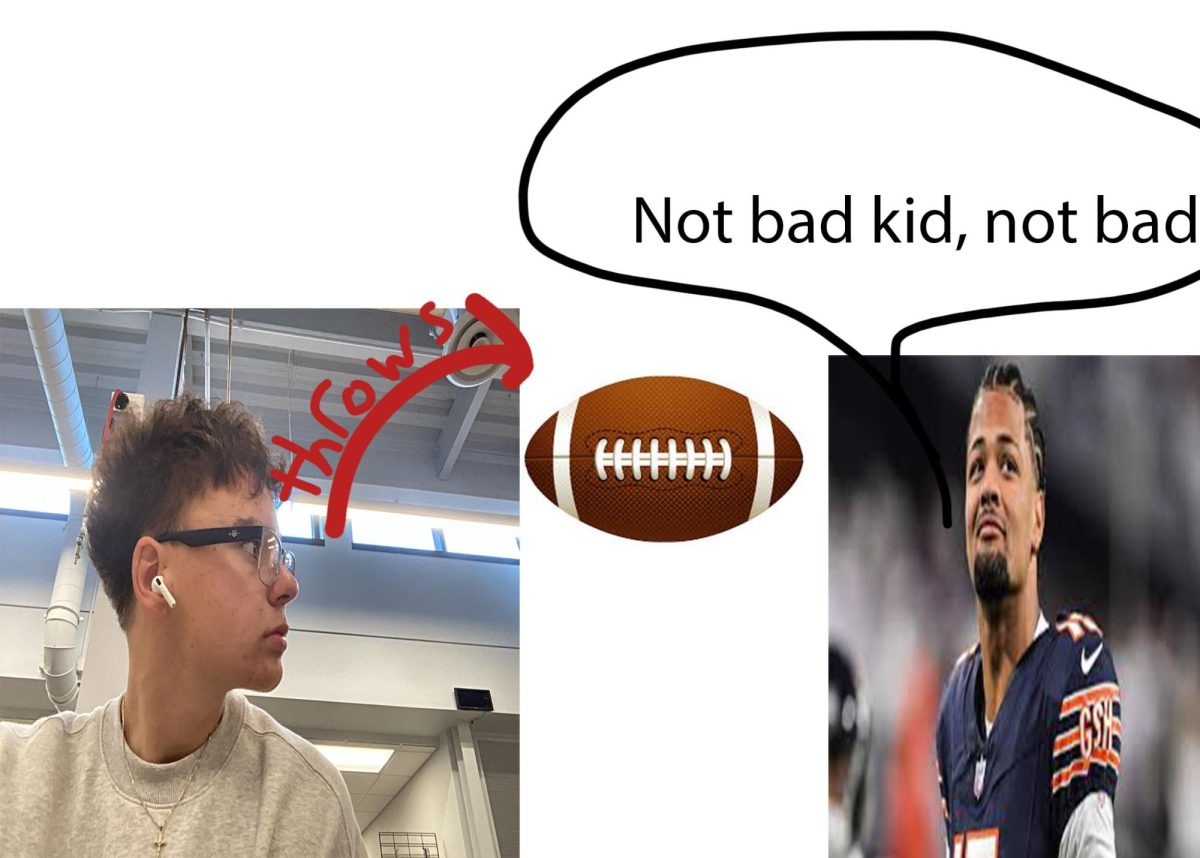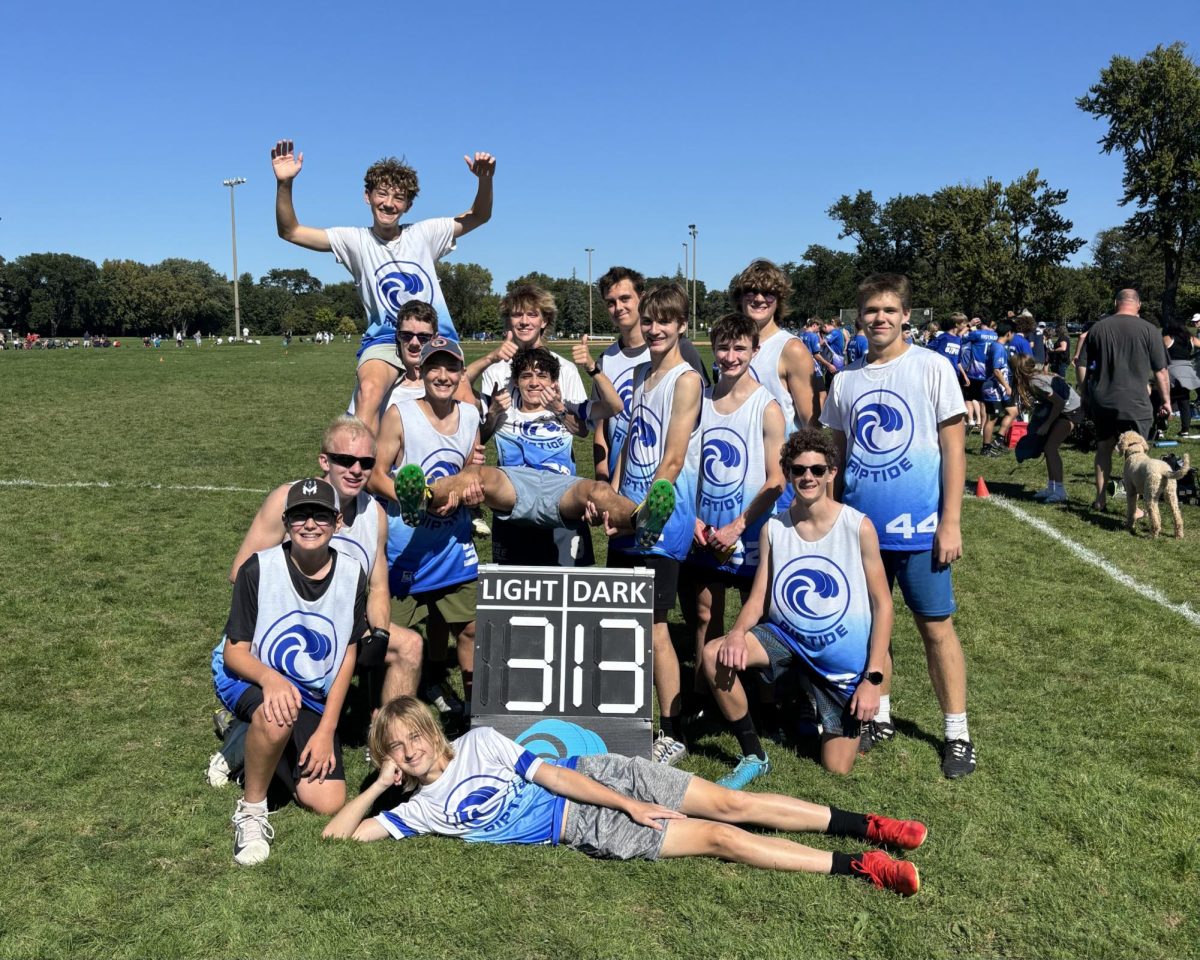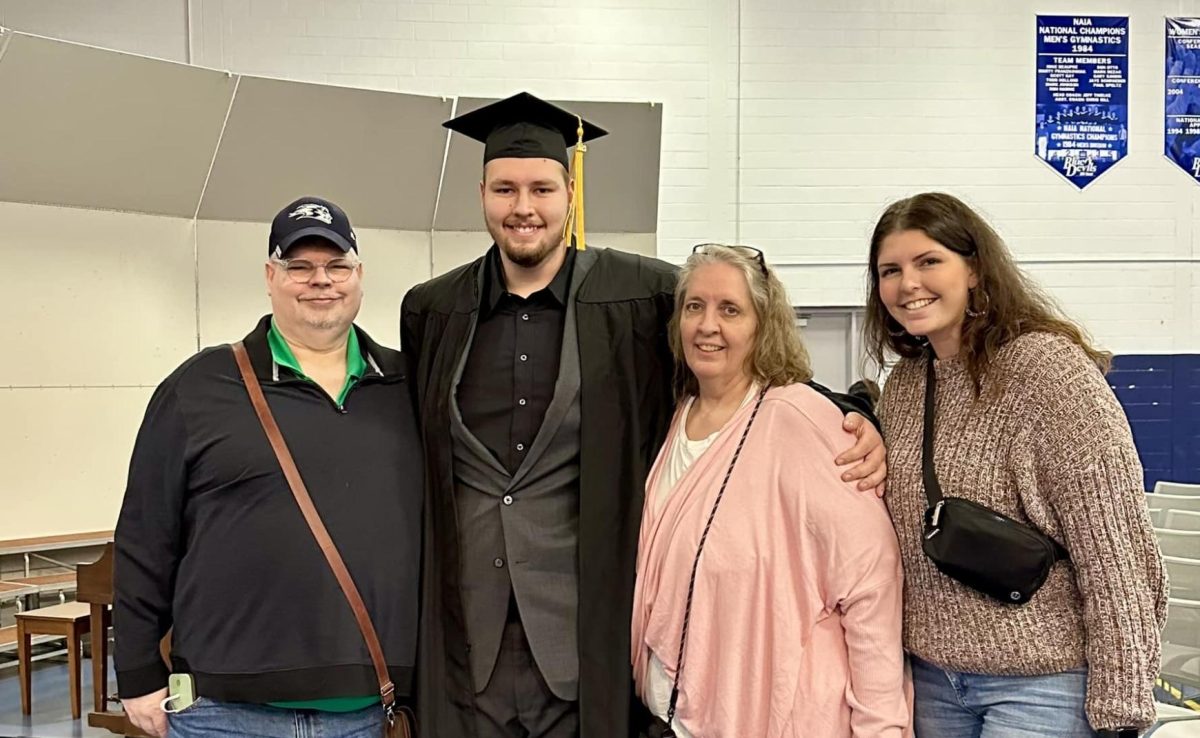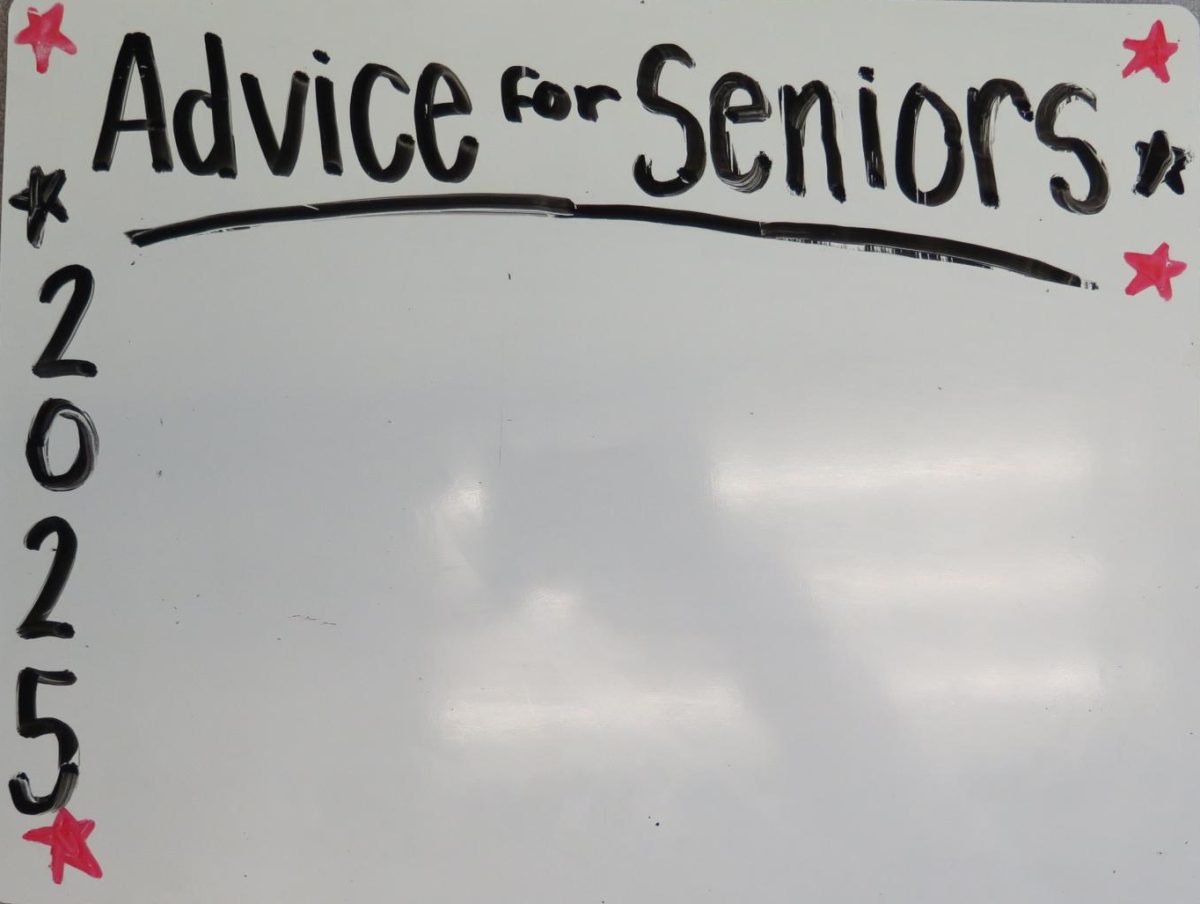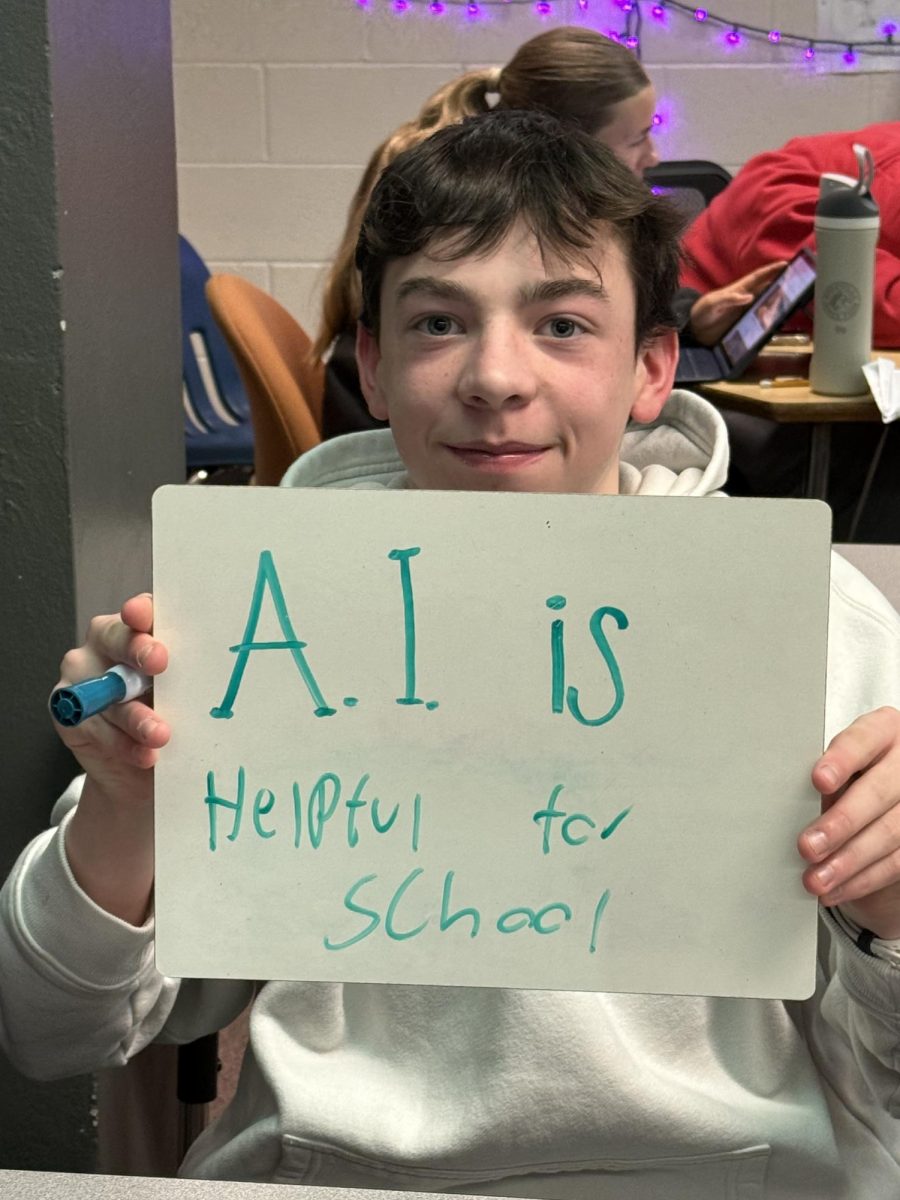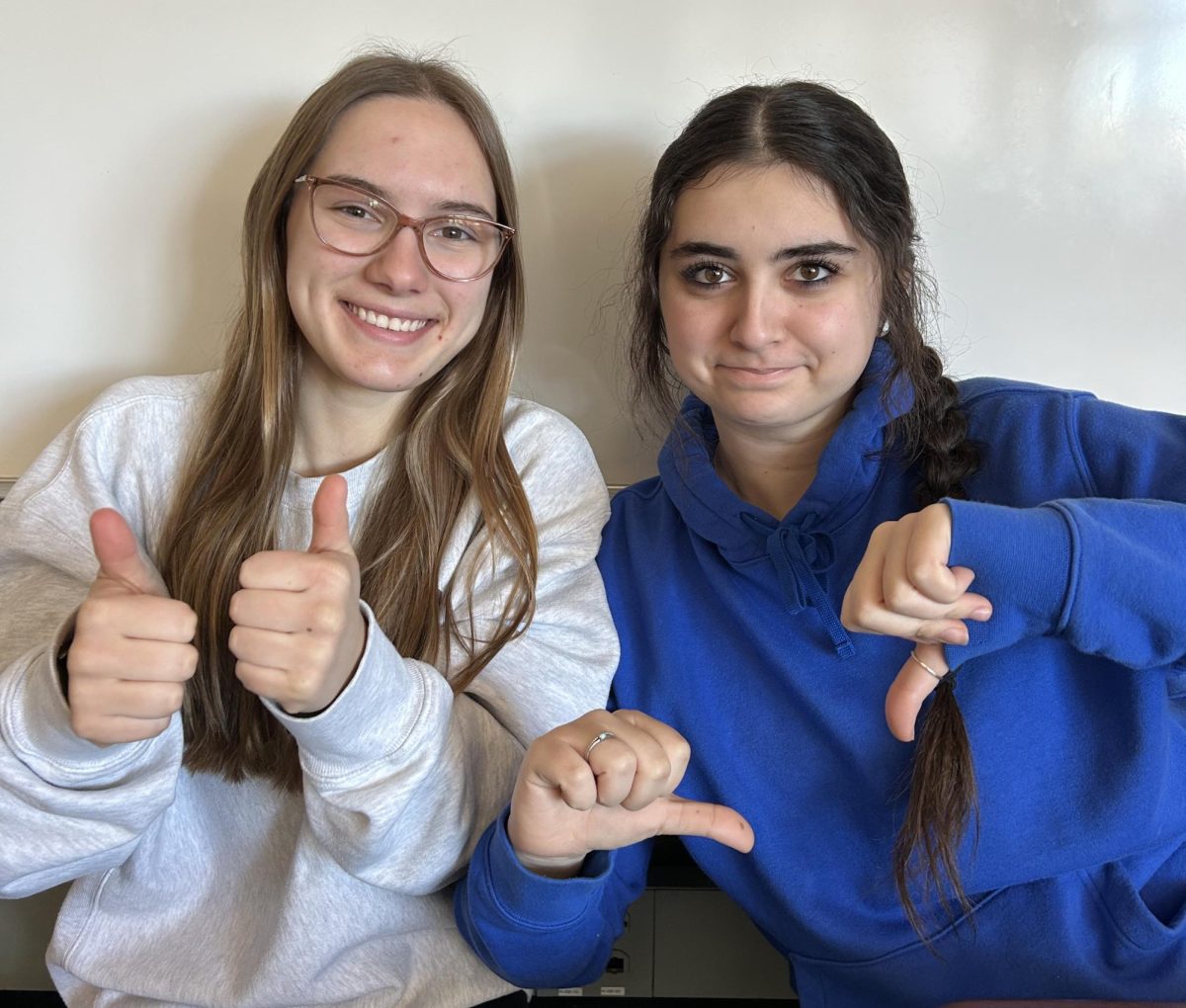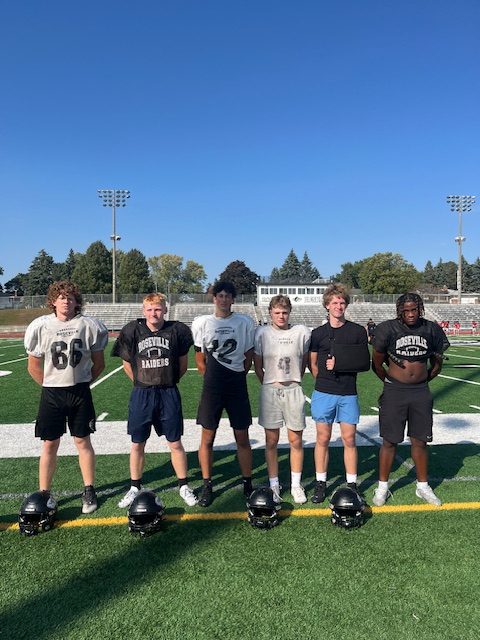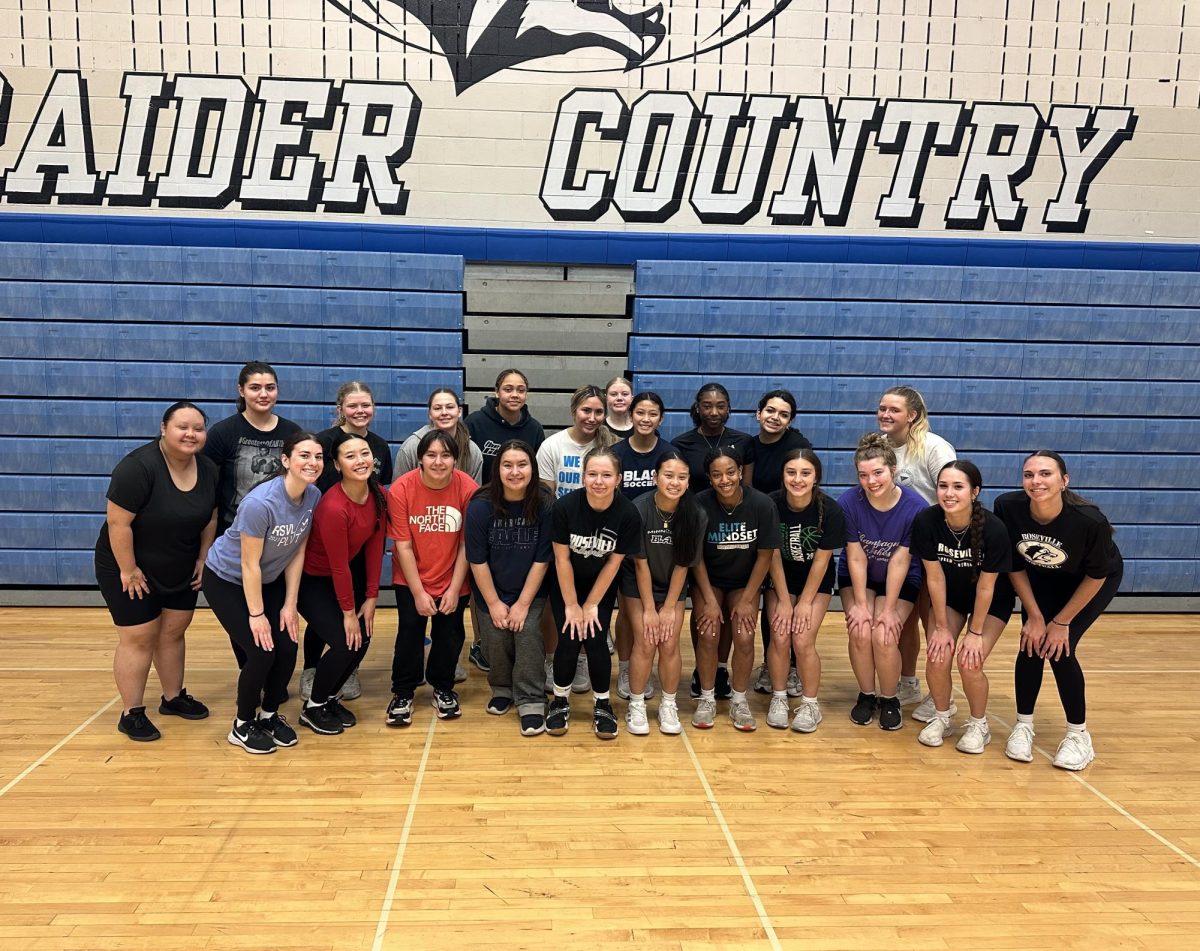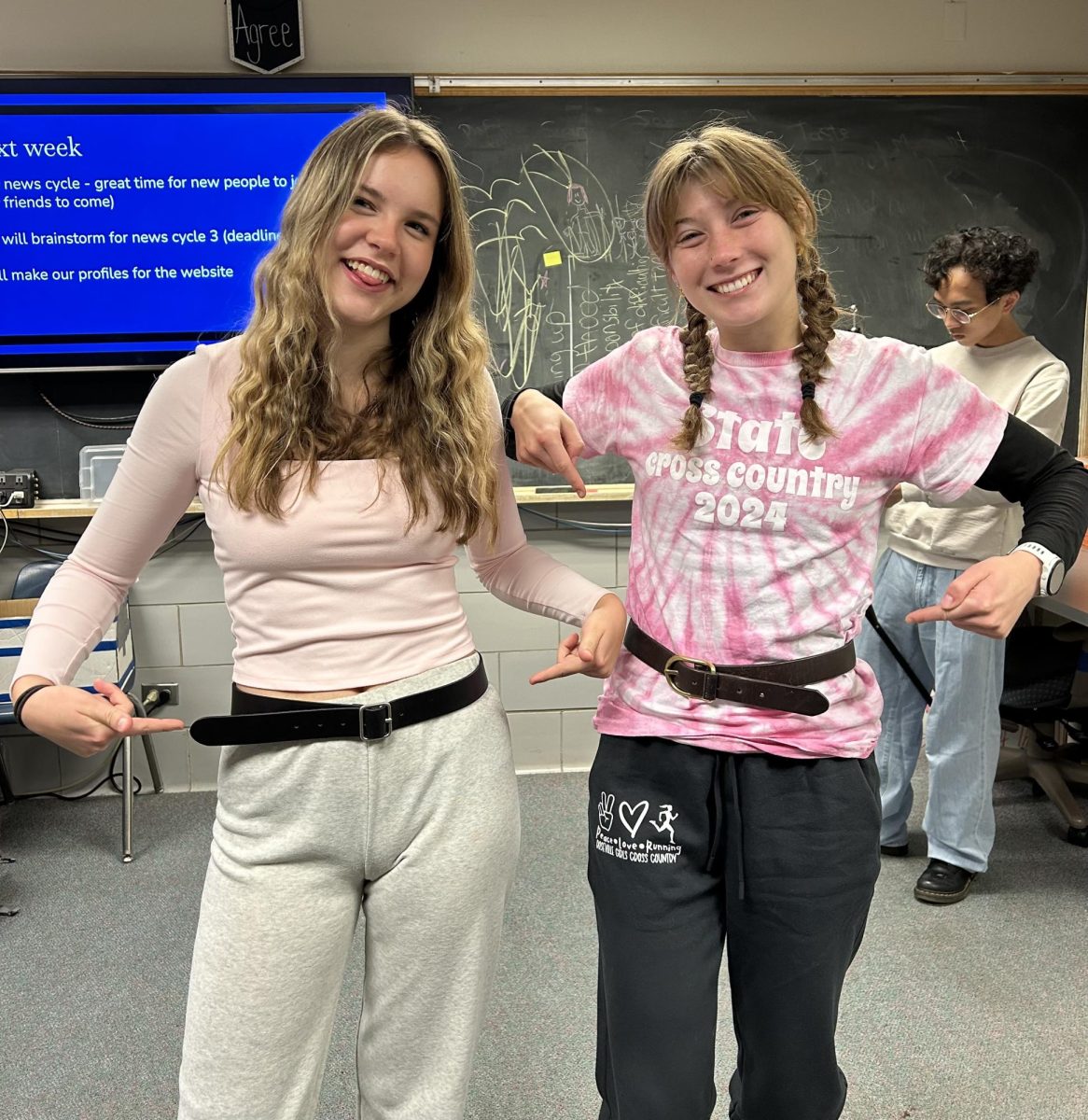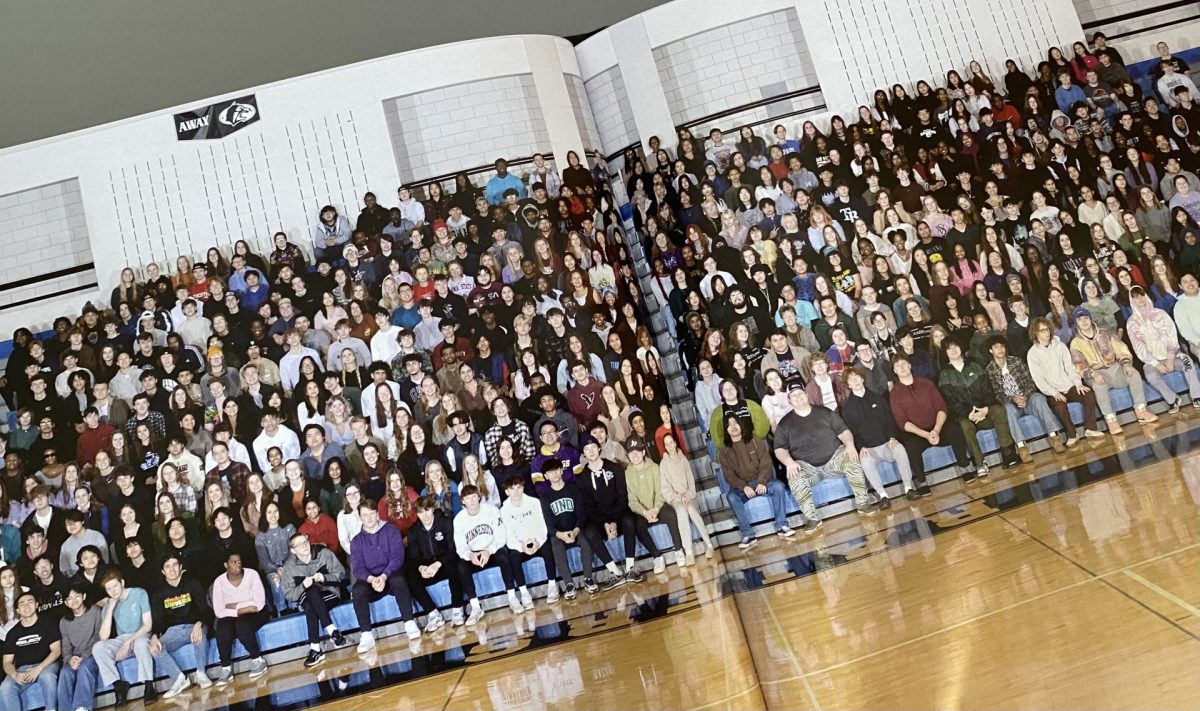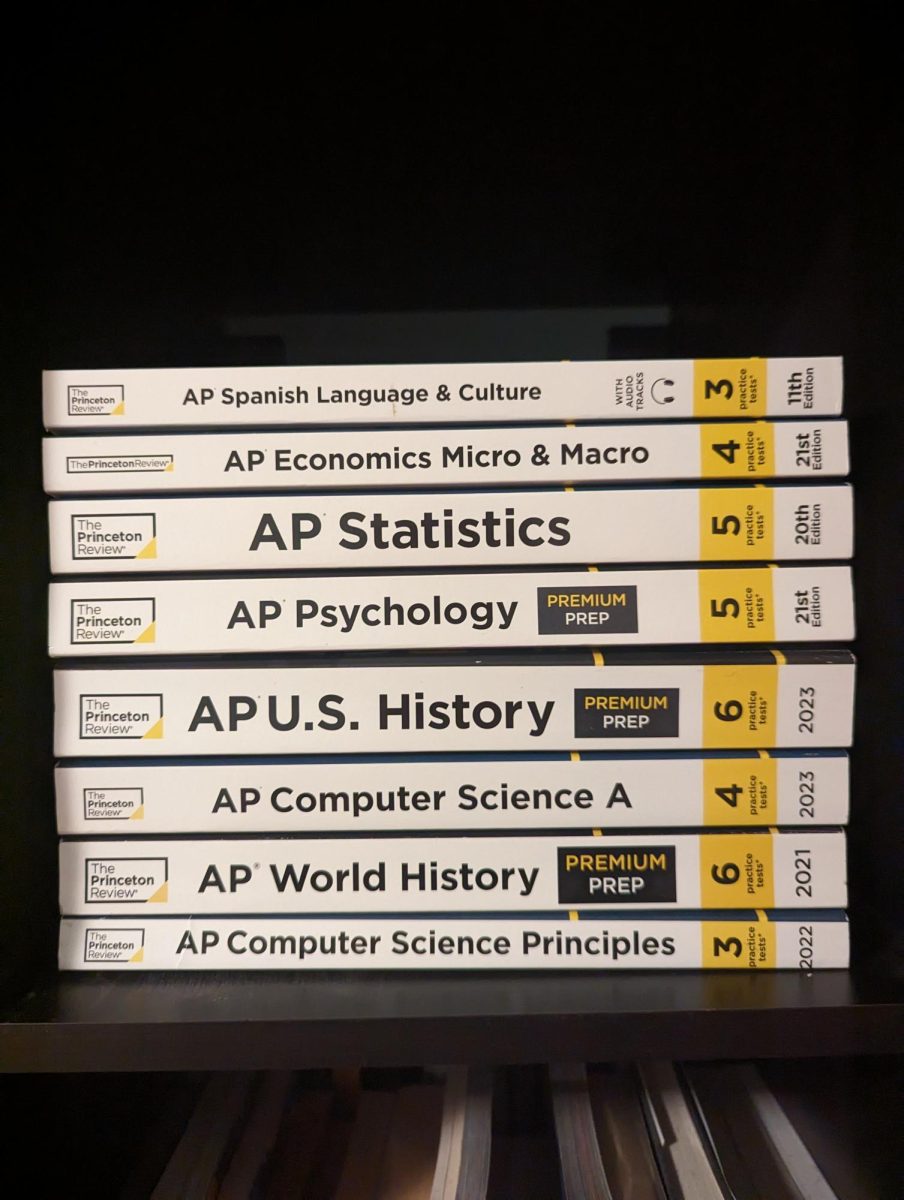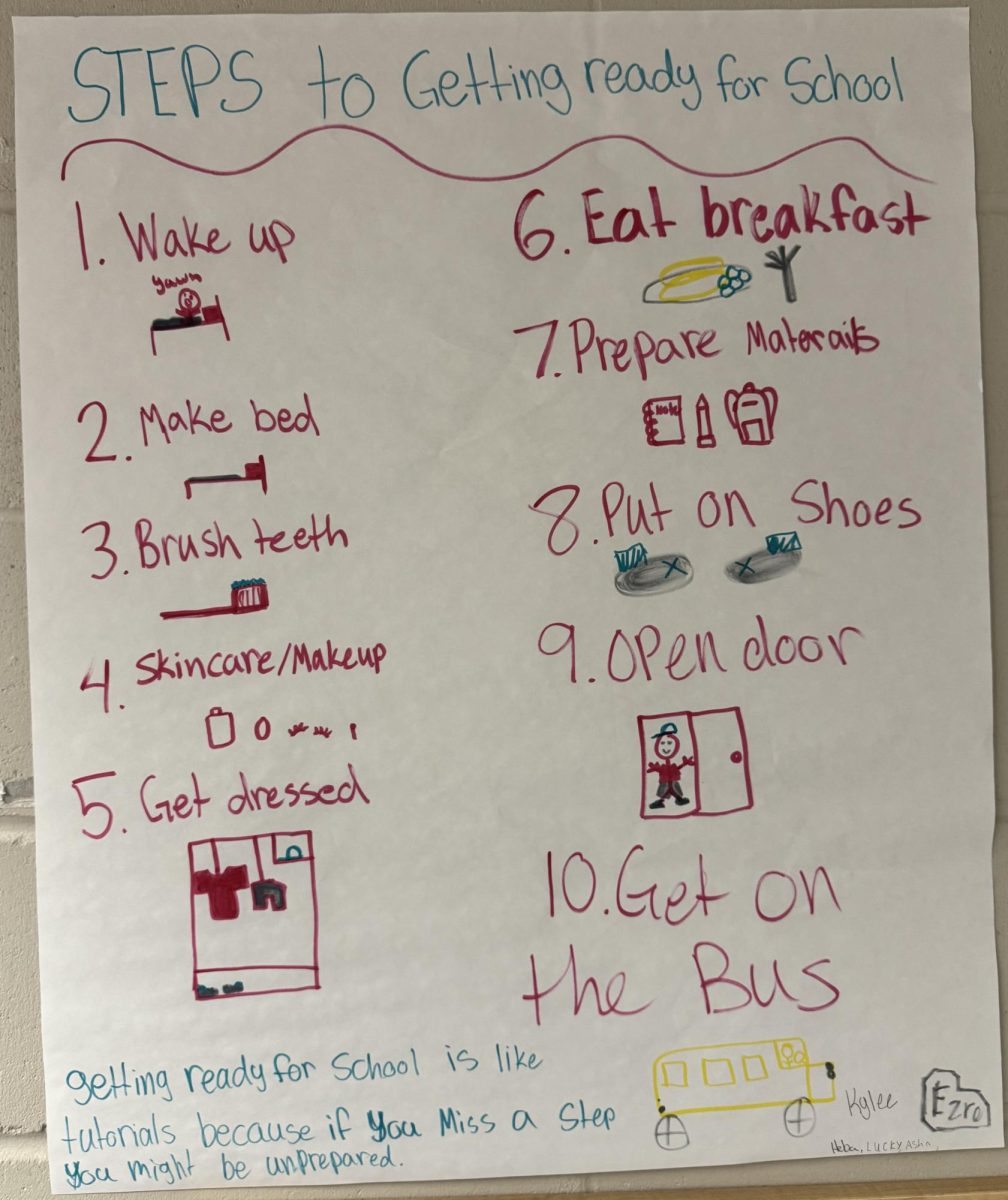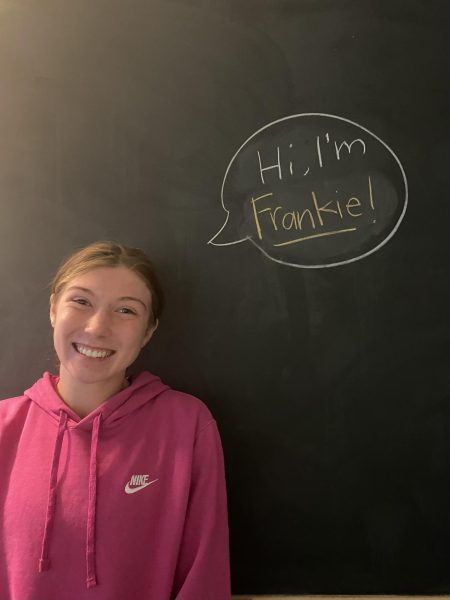It seems everyone at RAHS has opinions about the iPads that are given to students in grades 7-12. Some people love the iPads, some want them replaced with different devices, and some want them thrown out altogether.
Ms. Jamie Crandall, the iPad guru of District 623, said that iPads started being used in “2016 at the middle school level… students at the high school had iPads beginning in 2018.”
She says that since then, every day, two or three iPads have been “broken-broken,” meaning they are completely wrecked and in need of replacement.
Another issue that Crandall addressed with iPads is the “Notability glitch” that most students have on their iPads. She said, “Until Notability fixes this problem, I don’t have a permanent solution for everybody.”
Even though she doesn’t have a permanent solution, she has a few tips and tricks to help students’ schoolwork go a little smoother. She advised, “It’s a keyboard problem, so if you can avoid typing and handwriting, that will help a lot.” However, if people using Notability don’t want to handwrite, they can write it out and then use the ‘convert to text’ feature.
Another piece of advice Crandall has is to utilize the tools the Media Center offers. To avoid using the built-in keyboard, she said, “We have some plug-in keyboards that students can borrow if they have a lot to type in Notability.”
In regard to how much she likes the iPads, Crandall said, “The big thing is that iPads are trackable. If a student loses their iPad, we can Ping it and find it anywhere in the school. You just can’t do that with chromebooks.”
She acknowledged that “iPads have their issues, but are a necessary part of our school as it is set up now.”
In contrast, other people in the school think the iPads should be eradicated. Mr. Samuel Joyce teaches computer and printing classes in the D wing and has a different opinion than Ms. Crandall.
He started by saying, “First and foremost, I understand why iPads are used. They are easy to use, trackable, were originally purchased using a grant (as far as I’m aware) and at an elementary and middle school level they are very effective.”
He then addressed another common idea for replacing iPads, which is switching to Chromebooks. Joyce does not want to see RAHS move to Chromebooks. He said, “Chromebooks are the easiest way to generate e-waste. They suffer from something called ‘planned obsolescence’, which basically means that after two years they become useless.”
Planned obsolescence is a phenomenon created by companies to make a profit. For example, companies like Apple will design new products to stop working shortly after they are purchased. This way, they don’t last for a long time, and consumers have to spend more money- and dispose of their old things. A recent article from CNN revealed, “In 2022, the world generated 62 million metric tons of electronic waste (also known as e-waste).”
E-waste is anything electronic that has been thrown away- such as phones, refrigerators, Chromebooks, and, yes, iPads. CNN wrote, “As demand ramps up, and people are persuaded to replace devices more often, the climate impact is growing.”
To prevent the trash pileup, Joyce explained, “In a perfect world, I think students would be better served having personal MacBooks than an iPad.”
Before discussing the benefits of a 1-1 laptop program, Joyce acknowledged the overarching problem with his solution: laptops open up. He spelled it out: “You can’t give students who struggle to keep an iPad in good condition something with a hinge. [That’s a] recipe for disaster.”
However, Joyce believes that the positives outweigh the risks in this situation. As the computer teacher at RAHS, Joyce has firsthand experience with students dealing with technology. He explained, “Computer skills in the classroom you’d think would get better with the dawn of technology, but they’re actually getting worse.”
Cell phones have given students a computer that fits in the palm of their hand, and this one has a touchscreen. This has considerably damaged students’ basic computer knowledge of things as ‘common’ as keyboards and mice.
Joyce teaches his classes beginner computer information, such as “what is the desktop” or “how to right-click,” which he says are “the most basic computer skills.”
He expressed his frustration that students at the high school level aren’t being taught “these life skills in the world we live in.”
Even though iPads may be viewed as a hassle, the technology Roseville has access to is nothing to bash.

